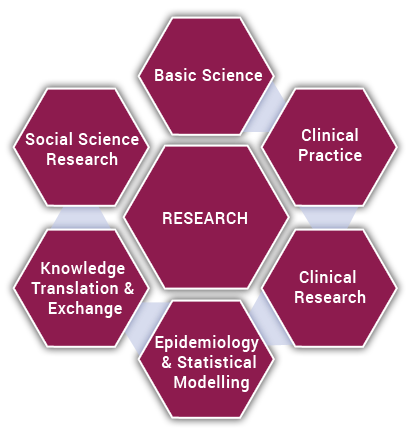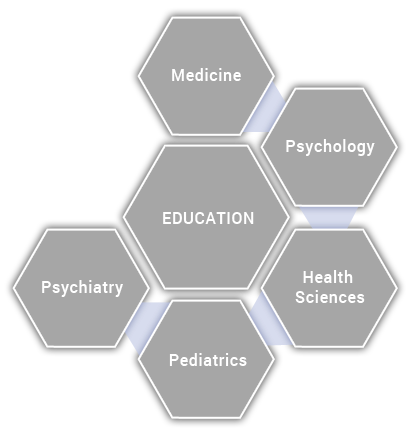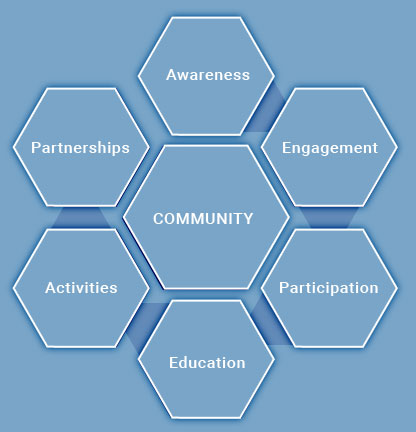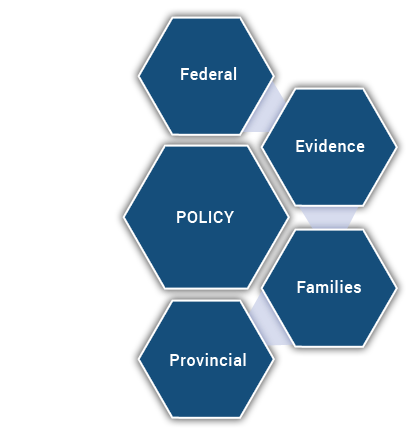Recent News
-
SURVEY EXTENSION: 2023 Pandemic Canadian Autism Needs Assessment Survey / Sondage de 2023 pour l’évaluation des besoins relatifs à l’autisme au Canada en période de pandémie
We invite autistic adults (18+ years) and caregivers of autistic children of any age to participate in the 2023 Pandemic Canadian Autism Needs Assessment Survey. This is a survey to better understand the evolving impacts of the COVID-19 pandemic on you and the services and supports you access. Purpose of the survey Participation This is an […]
-
Meet the Recipients of the 2023 Martha and Vincent Wagar Intellectual Disability and Autism Research Fund Graduate Student Award!
We are pleased to introduce you to the three successful recipients of the 2023 Martha and Vincent Wagar Intellectual Disability and Autism Research Fund graduate student award! About the research fund: The Martha and Vincent Wagar Intellectual Disability and Autism Research Fund provides graduate students in the Faculty of Health Sciences the opportunity to pursue leading-edge research, […]
-
Statement from the Honourable Mark Holland, Minister of Health, on Autism Awareness Month
October is Autism Awareness Month in Canada! This month, and every month, Canadians must improve our understanding and awareness of how to better support Autistic people, families, and caregivers. Beyond this, we must do our part to encourage Autism acceptance across Canada. In recognition of Autism Awareness Month, the Honourable Mark Holland, Minister of Health, provided a […]
About MacART
We are the McMaster Autism Research Team, a group of researchers, clinicians, clinician-scientists, and other experts who foster collaboration among the families, researchers, clinicians, educators, and policymakers whose lives and work are touched by Autism.
Our members are leading and participating in a variety of projects with provincial, national, and global impacts, aligning our work with the assessment report on Autism released by the Canadian Academy of Health Sciences in 2022, which aimed to inform development of a National Autism Strategy.
Our Membership







